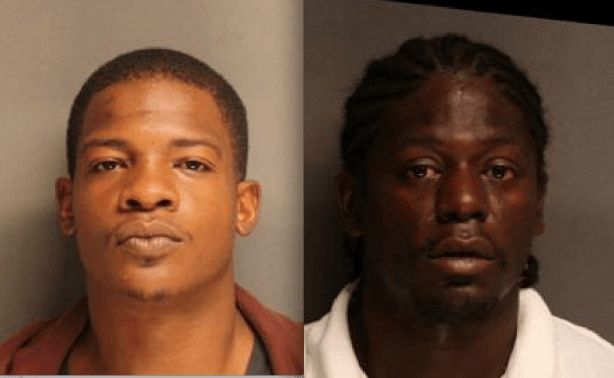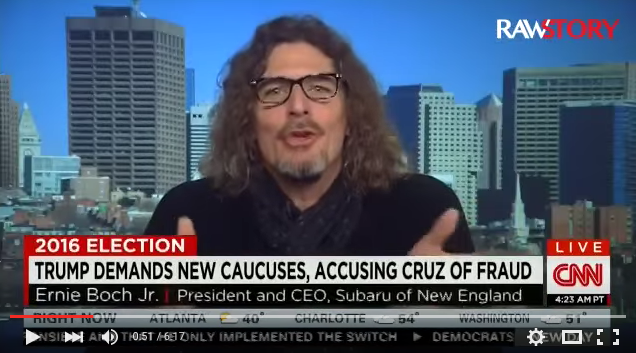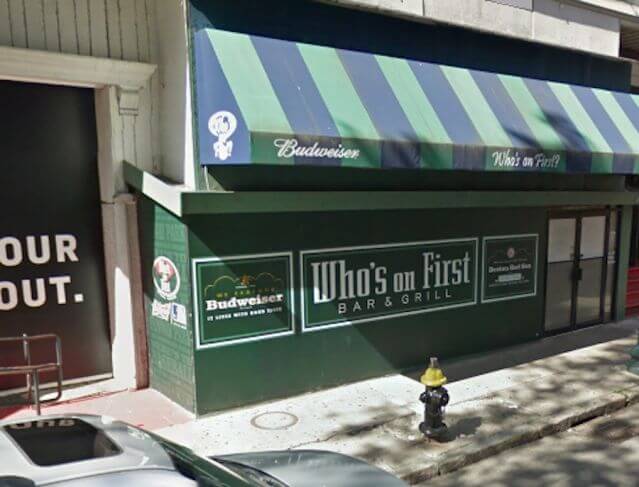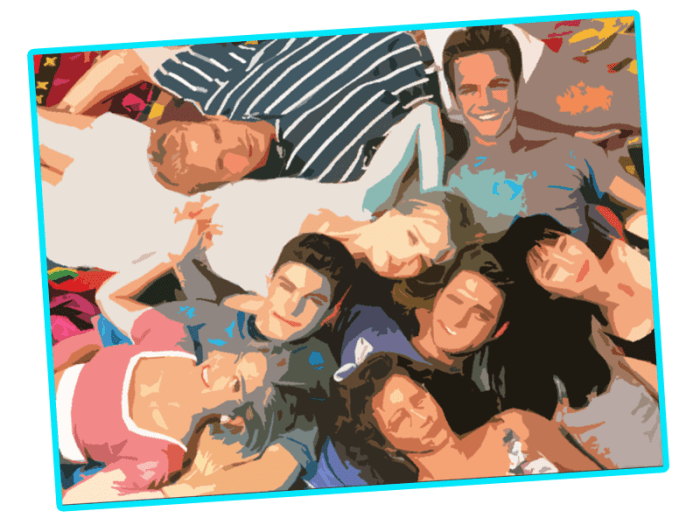The state’s highest court affirmed the Suffolk County convictions of two men who trafficked three women for sex, solidifying the first convictions under the state’s 2011 human trafficking law.
Tyshaun McGhee and Sidney McGee of Roxbury were convicted of trafficking persons for sexual servitude in Feb. 2014. They were both found guilty on three counts of trafficking and McGhee was convicted on two counts of deriving support from a prostitute. They appealed these convictions, saying that the 2011 trafficking statute was unconstitutionally vague and overboard. These arguments did not fly in court. In their five-day trial in 2014, Suffolk County prosecutors proved that McGee and McGhee recruited vulnerable women with histories of drug addiction and homelessness. They found one woman, outside Boston Medical Center, who had just finished treatment for two overdoeses in one day. The other was waiting in line outside of a homeless shelter and the third was at a methadone clinic. The victims told the court that they were coerced into sexual activity with strangers throughout the course of several days in September 2012 and were forced to hand over some, if not all, of their earnings. Massachusetts’ human trafficking statute was passed in late 2011 with specifically key language drafted by Attorney General Dan Conley and former Attorney General Martha Coakley. The law treats prostitutes as victims, not criminals. This was a voluntary legal shift which soon became a statewide mandate. Members of Conley’s staff also direct the Support to End Exploitation Now program, a multi-agency task force that connects young exploitation victims with a wide array of services and has twice been named a Top 50 Innovative Government Program by a Harvard University think tank. Justice Francis X. Spina said that McGhee and McGee’s actions fit the letter of the law.
McGee is currently serving a 10-to-12 year sentence in state prison and McGhee is doing a 10-to-15 year stay. McGhee also got five more years tacked on for pimping.
Convictions in state’s first human trafficking case affirmed

Suffolk County District Attorney’s Office




















